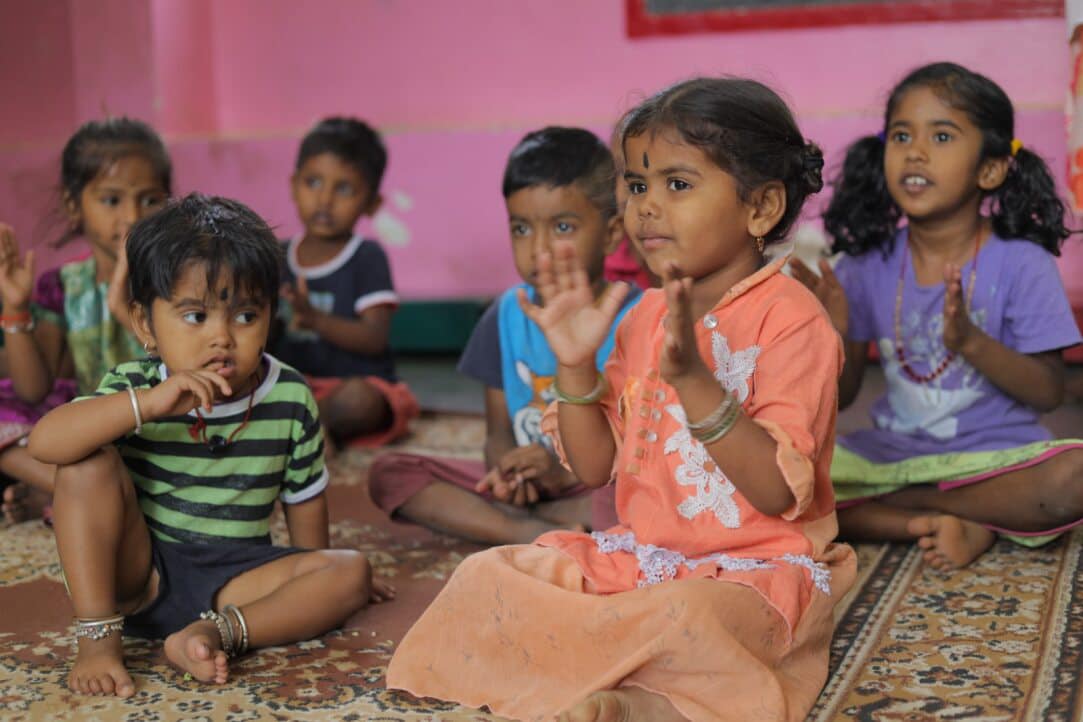In today’s world, it seems like everyone has their own podcast. From big names like Finshots Daily to niche shows like Urdunama, the podcasting industry has exploded into a several-billion dollar juggernaut, influencing everything from book sales to presidential discussions. But it was not always this way. First let us understand its history before delving into the phenomenon of podcasts for children.
Podcasting did not start out as the mainstream phenomenon we know today. In the early 2000s, it was an esoteric form of “audio blogging” or “online radio” reserved for tech enthusiasts and early adopters. The story begins in 2003 when software engineer Dave Winer developed an audio RSS feed for journalist Christopher Lydon, allowing him to share notable interviews on his blog.
This innovation caught the attention of former MTV VJ Adam Curry, who teamed up with Winer to create iPodder, a program that enabled users to download internet radio broadcasts to their iPods. Thus, the term “podcast” was born, paying homage to the iPod MP3 player that popularized the medium.
In recent years, podcasts have surged in popularity, becoming a ubiquitous form of entertainment and education for people of all ages. From true crime mysteries to personal development insights, podcasts cover a vast array of topics, offering listeners an immersive audio experience. While adults have embraced podcasts as a valuable source of information and entertainment, the question arises: can podcasts also serve as a new form of learning for children?
The Ubiquity of Podcasts
Podcasts have become a staple in the media landscape, with millions of episodes available on various platforms catering to diverse interests and preferences. Unlike traditional radio shows, podcasts offer listeners the flexibility to choose what they want to listen to and when. This accessibility has contributed to the widespread adoption of podcasts across different demographics, including children.
Today, podcasts cover an array of topics, from storytelling and entertainment to education and news, captivating audiences worldwide and reshaping the media landscape as we know it. However, as the medium evolved, educators and content creators recognized the potential of podcasts as a tool for learning and knowledge dissemination.
Aural Learning and Children
For children, aural learning- learning through listening- can be highly effective, complementing visual and tactile learning methods. Podcasts offer a unique opportunity for children to engage with content in a way that stimulates their imagination, enhances listening skills, and fosters critical thinking. By listening to podcasts, children can improve their vocabulary, comprehension, and concentration while exploring a wide range of topics in a fun and engaging manner.
Real-Life Examples of Educational Podcasts for Children
Several podcasts cater specifically to children, offering educational content across various subjects. “Brains On!” is a science podcast for kids that explores curious topics such as why we dream, how vaccines work, and the science behind laughter. Another popular podcast, “Wow in the World,” takes children on imaginative journeys through the wonders of science, technology, and the natural world. Additionally, “Story Pirates” features entertaining stories written by kids and performed by professional actors, inspiring creativity and storytelling skills.
Enhancing Podcast Learning for Children
While podcasts offer valuable educational content for children, there are ways to enhance the learning experience further. One approach is to integrate podcasts into school curricula, allowing teachers to incorporate audio-based lessons and discussions into their teaching methods. Additionally, parents can encourage children to listen to podcasts during leisure time or family road trips, providing opportunities for shared learning experiences and meaningful conversations.
The Future of Podcasts in Children’s Education
As podcasts continue to gain popularity, there is significant potential for further innovation in children’s education. Interactive podcasts, incorporating elements of gamification and interactivity, could offer immersive learning experiences that captivate young listeners. Collaborations between educators, content creators, and technology developers could lead to the creation of tailored podcasting platforms and tools designed specifically for children, enabling personalized learning experiences tailored to individual interests and learning styles.
In conclusion, podcasts have emerged as a versatile and engaging medium for learning, with the potential to revolutionize children’s education. By leveraging the power of aural learning, educators and parents can harness the educational benefits of podcasts to inspire curiosity, spark creativity, and foster a lifelong love of learning in children. With continued innovation and collaboration, podcasts have the opportunity to become an integral part of children’s education in the digital age.



